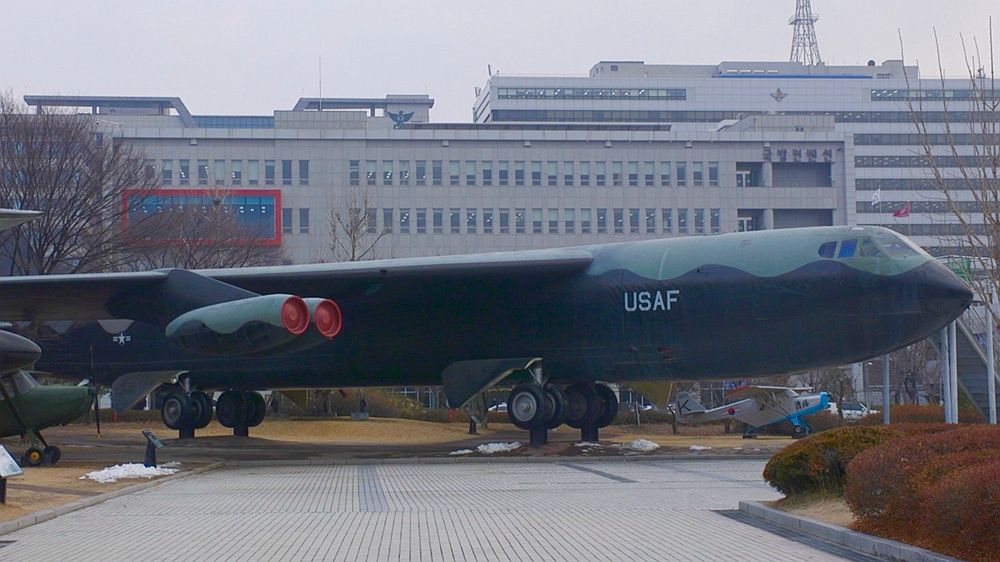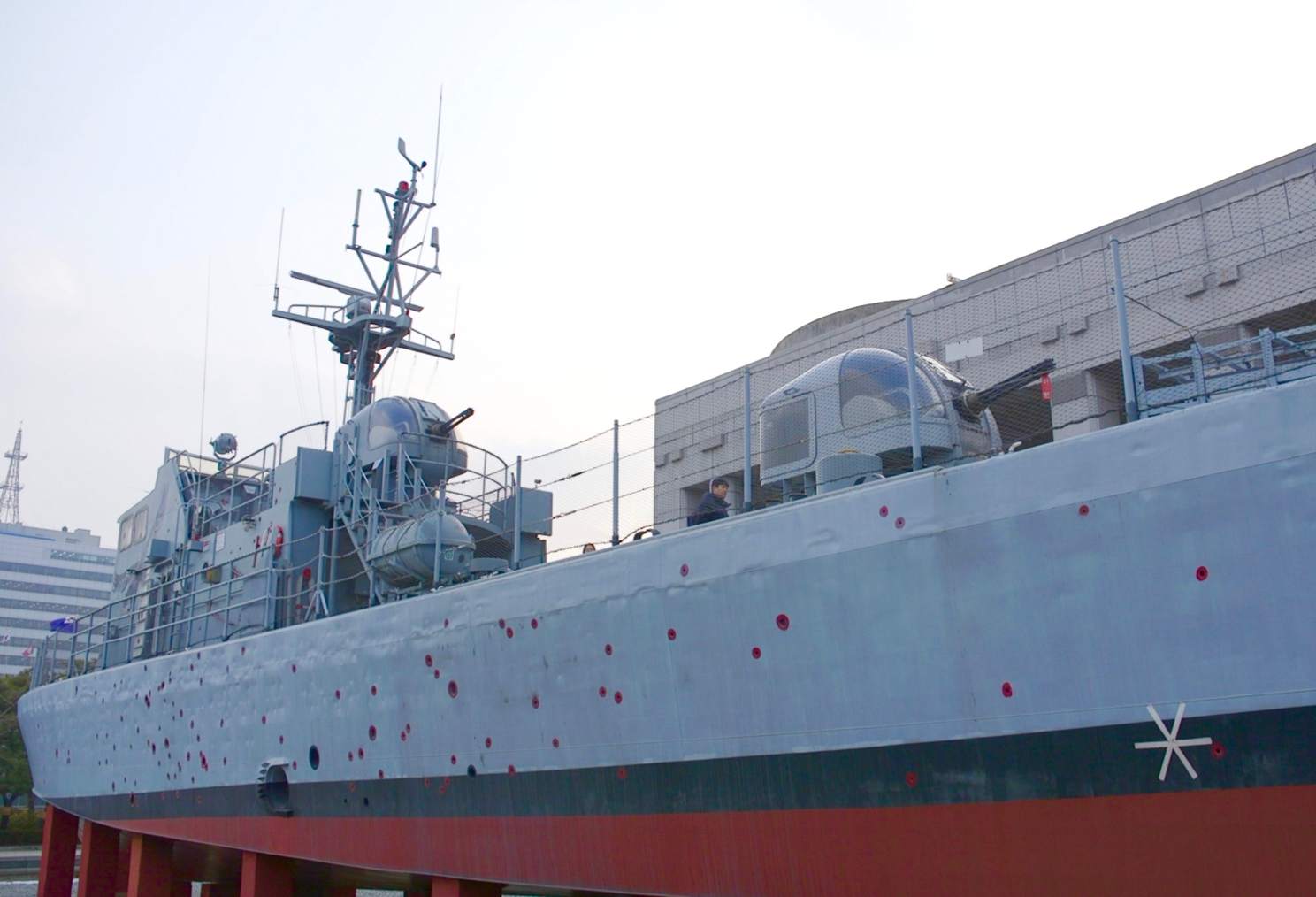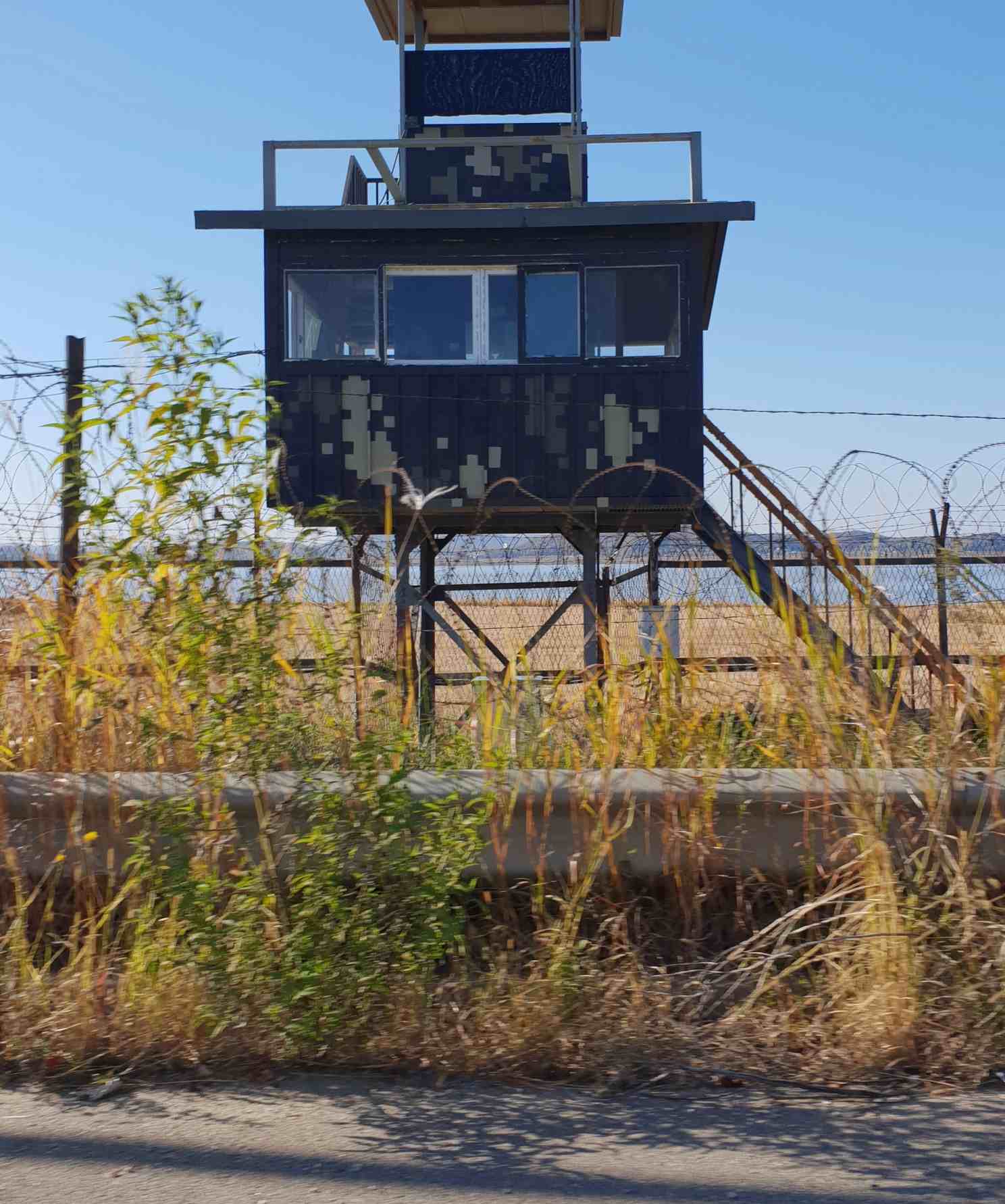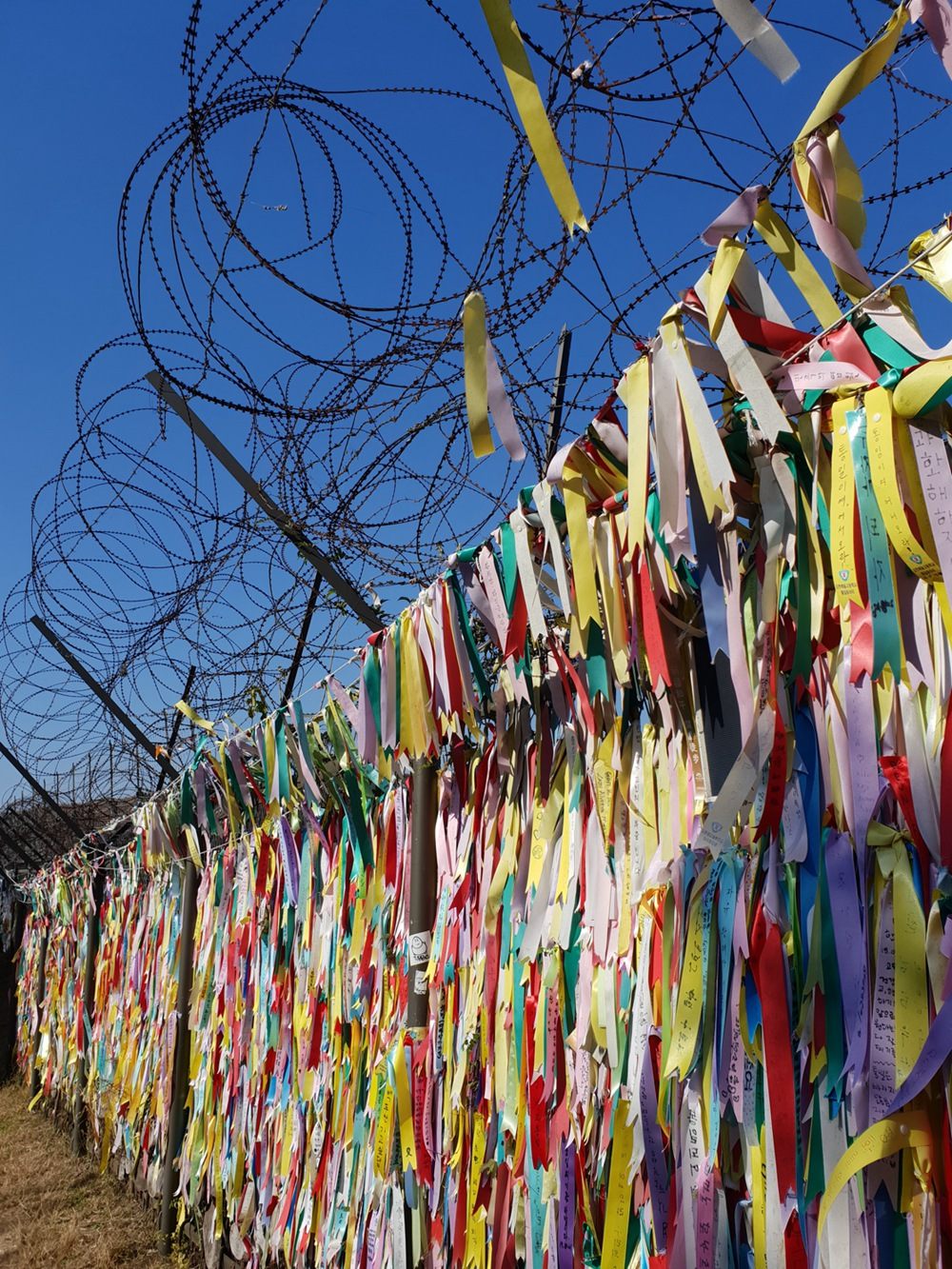
Asia Pacific
21:48, 22-Feb-2019
Will Trump-Kim summit in Hanoi lead to a peace agreement?
By Jack Barton

The Republic of Korea's (ROK's) War Memorial stands in the middle of Seoul, a painful reminder that the conflict on the Korean Peninsula is still not technically over and that only an armistice, essentially a truce, was signed in 1953.
A reminder because the exhibits attached to the memorial keep expanding every few years, whether they be a small semi-submersible spy boat from the Democratic People's Republic of Korea (DPRK) or a replica of a large bullet-riddled ROK navy boat that sank during a fierce naval battle in 2002.
Eight years later another ROK ship was allegedly torpedoed by a DPRK submarine, killing 46 crew members.
There have also been frequent, often fatal, exchanges of fire along the demilitarized zone.

A replica of the PKM-357 navy boat that sank during the Battle of Yeonpyeong, at the War Memorial of Korea in Seoul, ROK. /CGTN Photo
A replica of the PKM-357 navy boat that sank during the Battle of Yeonpyeong, at the War Memorial of Korea in Seoul, ROK. /CGTN Photo
Pyongyang and Seoul say they now want a formal peace agreement soon, as does China, a signatory to the original armistice.
"China and North Korea (the DPRK), no problem; China and South Korea (the ROK), no problem. We normalized our relationship. The thing is there should be a peace agreement between North Korea (the DPRK) and the United States," said Kim Hyun-wook, a professor at the state-funded Korea National Diplomatic Academy in Seoul.
President Donald Trump has signaled the U.S. will sign if the DPRK offers concrete measures towards denuclearization.
Many analysts say that even if that happens, a peace agreement would need an accompanying political agreement.
"That means the South Korean (ROK's) constitution is going to recognize North Korea (the DPRK) as a state. So, I think [it would not only bring] peace into the Korean Peninsula, there is going to be a huge change in Korean politics," said Woo Jung-yeop from the Sejong Institute's Department of Security Strategy Studies.

An ROK military watchtower overlooking the estuary near the DMZ. /CGTN Photo
An ROK military watchtower overlooking the estuary near the DMZ. /CGTN Photo

Ribbons with messages of peace and calls for re-unification and an end to the war on the DMZ wire. /CGTN Photo
Ribbons with messages of peace and calls for re-unification and an end to the war on the DMZ wire. /CGTN Photo
Of course, Pyongyang would have to reciprocate.
"The leadership of the Korean Workers' Party talks about completing the revolution and achieving the final victory. So unless there is some kind of political settlement that includes the Korean Workers' Party ceasing, or terminating the revolution and declaring a willingness to peacefully co-exist, then I think it's kind of dangerous," said Daniel Pinkston, a lecturer in International Relations at Troy University in the U.S. state of Alabama.
Given the complexities, it's likely that any deal to emerge would be struck down the road, not at the upcoming Hanoi summit as some predict.
"I don't think this summit will really be ready for the big agreement," said Kim Hyun-wook.
But if, at some point, real progress towards denuclearization can be achieved, then a peace deal ending the war could be a game-changer on the peninsula in terms of trust and building a lasting peace.
(Cover: A U.S. B52 tactical nuclear bomber at the War Memorial of Korea in Seoul, ROK. /CGTN Photo)

SITEMAP
Copyright © 2018 CGTN. Beijing ICP prepared NO.16065310-3
Copyright © 2018 CGTN. Beijing ICP prepared NO.16065310-3